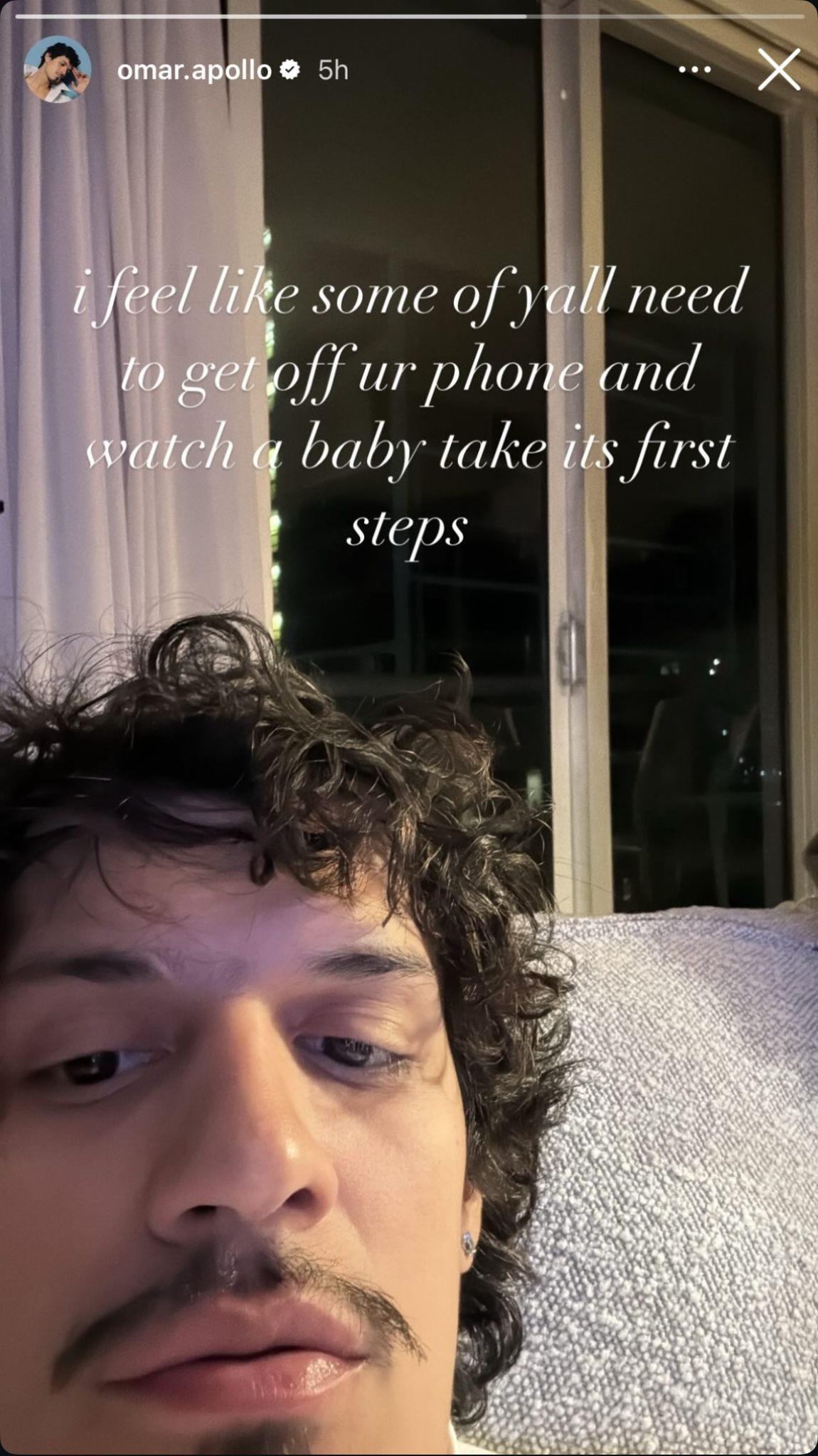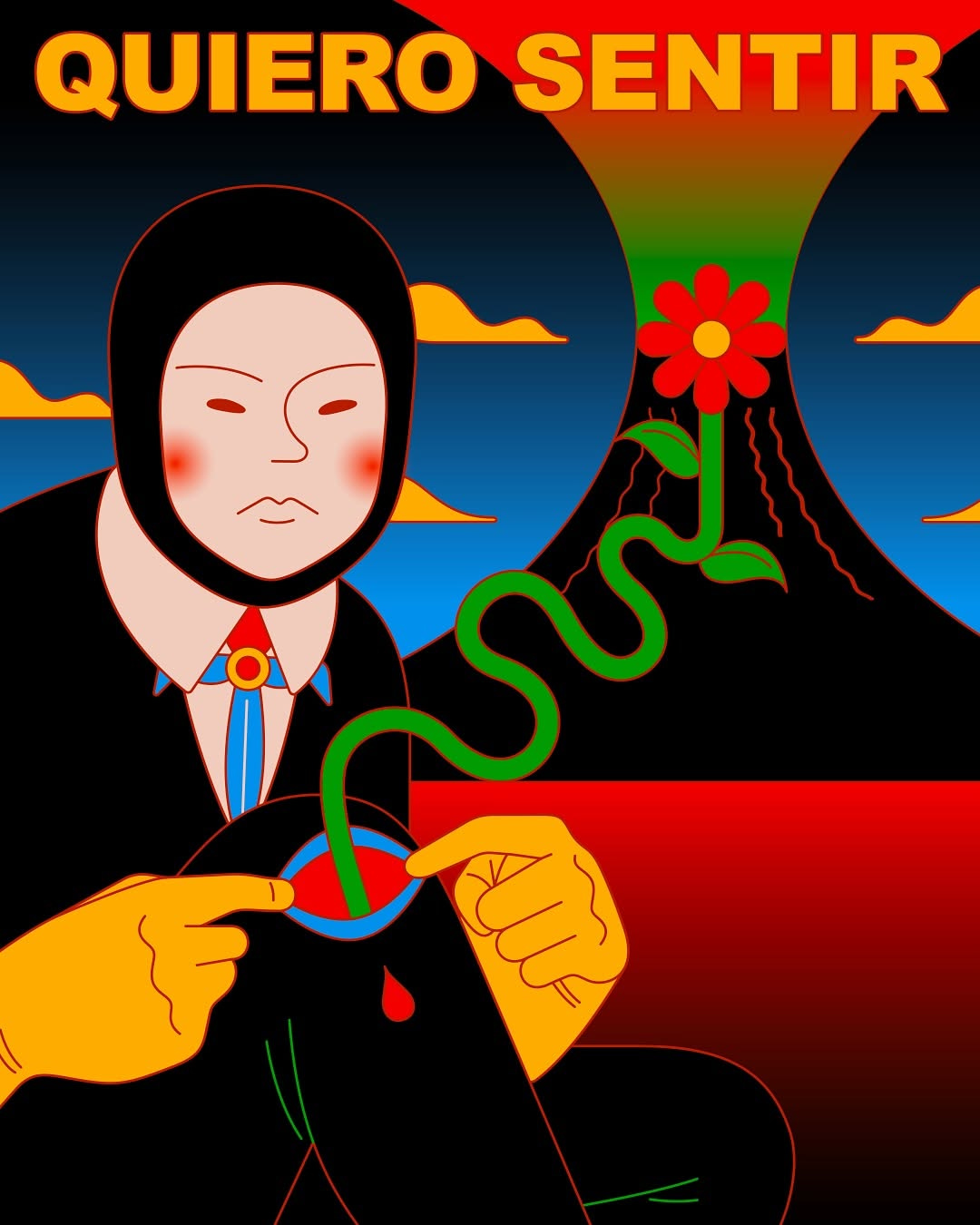Try to imagine a Gen Z person based on the research you’ve read about them. According to supposed studies, they don’t have sex, they don’t work, and, more recently, they’re the reason why clubs and festivals are flopping—because they’re lazy and prefer staying home. But have you seen how parties, concerts, and festivals are doing? All sold out with young people enjoying. Even the most mediocre weekend parties.
Researchers are projecting all the struggles of a chaotic world onto a generation that, in reality, is still figuring out who they are—full of dualities and ambiguities, just like any young person in a world constantly flooded with (fake) stimulation. These uncertain results say much more about those conducting the research than about the generation being studied.

People are changing too fast, and research isn’t keeping up. And clearly, many researchers are paying more attention to TikTok trends than to real life. People watch videos about trends in TikTok and Instagram and think they understand everything about trends. Don’t get me wrong, I think there are great videos out there, but they investigate almost only online signs… which, let’s be honest, brands aren’t even that interested in anymore. Neither are consumers. Online numbers are just fake online numbers. Companies have already figured out that these inflated stats aren’t as impressive as they seem. And I won't even get into the discussion about the political bias of social media owners.
Last year was the year of irony. We’re living in the “post-humor” era. We saw many brands jumped on the Dadaism wave to communicate nonsense Gen Z aesthetics, but only a few really made it—one great example is Duolingo. Another mistake researchers make is saying that Gen Z loves Surrealism, when a quick look at art history would show that what they actually love is Dadaism vibes (that is often characterized by humor and whimsy, tending towards the absurd and irony). And the problem with irony is exactly that: many people don’t understand the subtext between the lines. They get confused and fail to grasp the cultural wave - and its meaning.
But in 2025, youth is moving on. With multiple crises happening, the optimism of the Hope Core and Cuteness will rise even more. People want to live in a better world. A more organic aesthetic—the opposite of Brat will take over (hello, MAYHEM organic guitars, I hear you!). Before the digital chaos we live in, it was trendy to have flagship stores, brand festivals, collaborative tours, and so on… Consumers want sensorial experiences again - lysergia is coming back. People are suffocated by the digital world. And Gen Z wants real things.

To successfully communicate an effective, optimistic message and build loyal communities, brands need to fund cultural projects. Itaú Bank sponsored Madonna’s (biggest) free concert in Rio de Janeiro and brilliantly fixed its brand in the minds of Brazilians. Tiny Desk, which has been around for nearly 20 years, is breaking records. There are also projects inspired by it, like COLORS and Gallery Sessions (which has become the perfect business card for Folch Studio, attracting clients by creating and executing the project).
Connect the dots. Get off TikTok. Go outside. Dance at the club. Touch the grass. Listen to where the wind is blowing. Culture exists to save humanity, and brands will appropriate this—I just hope they do it consciously. Art exists because life is not enough.
PS: Thank you, Bruna Togni and Gabriel Batista, for exchanging sparkling messages with me and inspiring this edition.
Tooooooootally recommend:
1 - Playlist: Aphex Twin: [mostly mellow] for Supreme. 12 hours of good music to visit a museum or just go for a walk in the park.
2 - Book: Susan Sontag: The Complete Rolling Stone Interview. Please go buy it in your local bookstore and talk with the attendant about something. Don’t buy it on Amazon.
3 - Movie: Mickey 17. I loved this movie. It’s funny and political. A nice twist of both worlds. But it is not unanimous. It is paradoxically delicious.




I know we should be getting off Tik-Tok, but -- if we use it properly -- it's a great way to connect with the real world. Reading your post I kept thinking about We Love You's project.
https://www.tiktok.com/@_weloveyou__?is_from_webapp=1&sender_device=pc
Essa news sempre impecável!!!